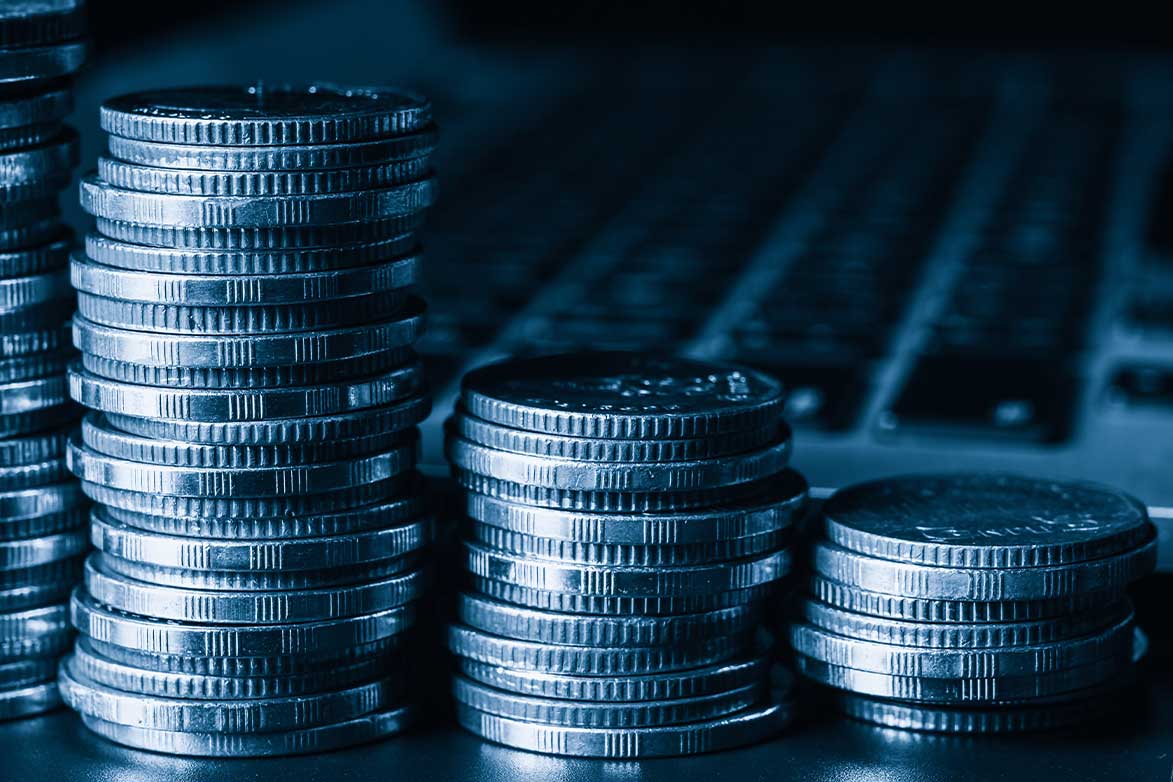
Smart Ways to Use Your Tax Return
Receiving a tax return can be exciting, and the moment you are notified about your return amount can influence you to spend it right away. Before you receive your return, it’s best to pause for a moment and consider how you can use your tax return to help you achieve your short and long-term financial goals.
Thinking about your financial goals can help you gain a clearer perspective on the different ways you can use your return to benefit yourself in the long run and invest in your future. If you chose to save your return, spend it, or do a combination of both, we have some ideas to help you use your tax return wisely.
Pay Off Debt
If you’re living with debt — whether it’s an auto loan, a mortgage, or a student loan — you are not alone. According to AdvisorSavy, almost 75% of Canadians are living with debt. Repaying debt can be a long and discouraging process, but making a dent in the money you owe will help you get out of debt faster.
To get the most out of your tax return, put it towards the debt you owe with the highest interest rate to help improve your credit and reduce the amount of money you owe. You should continue to make the minimum monthly payments for all your other debts to ensure a positive credit score. By focusing on paying off debts, you will save money in interest in the future.
Invest In Your Future
It is never too early or too late to begin investing in your future, and receiving your tax refund is the perfect time to start. Think about your current and future financial goals. Once you have determined your goals, you can choose which type of investment will help you reach your goals faster.
Two of the most common ways to invest and save your money is by opening a Tax-Free Savings Account (TFSA) or a Registered Retirement Savings Plan (RRSP).
A TFSA is a great savings tool for short-term and long-term goals. An RRSP is a registered plan that encourages saving for the future. Every dollar that you invest in this account can reduce your taxable income for that year, which means you will pay less tax. While a TFSA and RRSP are two of the most common types of investments, your savings can be invested in any type of investment, and all the growth (whether it is capital gains, interest, or dividends) will be sheltered from taxes.
The best way to determine the perfect investment path that matches your lifestyle and goals is to meet with a financial advisor at your financial institution.
Put Aside Money in an Emergency Fund
Unpredictable events can happen at any time. Without an emergency fund, these events can be stressful. By putting the money you receive into a savings account, you will create a cushion of funds you can rely on in case of an emergency.
While your savings will not grow as quickly as they would in TFSA or RRSP account, most everyday savings accounts will have a base interest rate that your money will benefit from. Using your tax return is a fantastic way to start your emergency fund or top it off. And unlike an investment, the money in your savings is available for you to use whenever you need it.
Once you have this fund, continue to deposit money into the account so you can be prepared for any event. This amount can be determined by your existing budget. Learn more about paying yourself first to keep your savings on track.
Treat Yourself
It is important to create a healthy balance between your lifestyle and your finances. Saving is important for the future but treating yourself is important for the present. A proper compromise is to purchase a reasonably priced item that will make you happy and put the rest into the savings method of your choosing. This way, you can make your present and future- self happy. However, if you chose to treat yourself, make sure that it fits within your budget so you can stay on track with your financial goals.
Take Action
If you do receive a tax refund this year, it is important to think about the best way that the money can be spent. Receiving a tax return can open a variety of doors for investing or saving. By choosing to use your return wisely, you can set yourself up for success in the future.
However you chose to use your return, make sure that it reflects your lifestyle and financial goals. The deadline to file your taxes in Canada is May 1st.
Book an Appointment
Related Content

Manage your Debt

Student Debt

Manage your Debt


 Search
Search







 Help
Help


